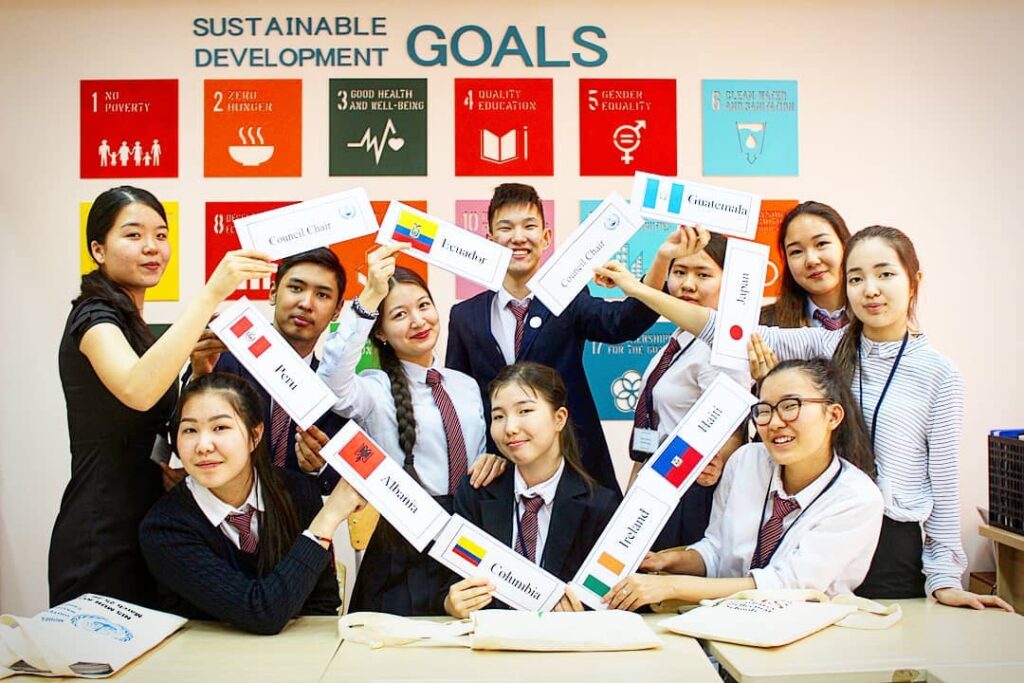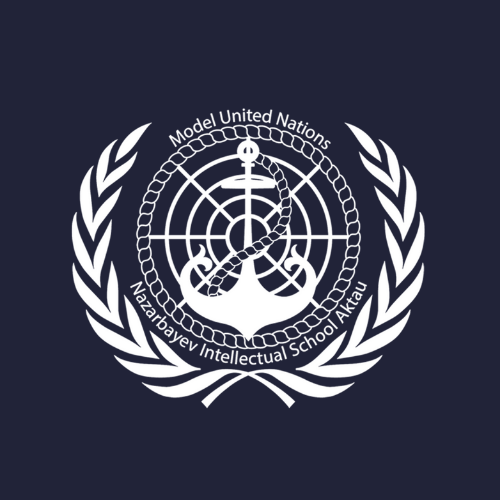About MUNNISA


MUNNISA
History
Aims
Education
Global Citizenship
Quality
By Students,For Students
Aims
Education
We aim to provide a platform where current global issues are discussed and debated and where all participants are given a forum to obtain and develop their skills in diplomacy, negotiation, critical thinking, public speaking, and research analysis. Additionally, students will develop conflict sensitive practice, cross-cultural understanding and global issue awareness through simulation and international cooperation.
Global Citizenship
We hope that MUNNISA is the beginning (or the continuation) of your journey to global citizenship. We strongly encourage our participants to take the MUNNISA experience and their resolution ideas and turn them into action. We hope that our students will take the knowledge and ideas gained at our conference and apply them to real situations in their community. Furthermore, we want our students to be leaders in their community and school not only by their words but through their actions, as we work together to make the world more sustainable for future generations.
Quality
MUNNISA has progressed since our inception in 2018, and we continually aim to find new ways to improve the quality of the conference experience for all participants. Our executive team chooses a different theme, committees, and topics each year to add diversity and uniqueness to the MUNNISA experience. Additionally, we try to provide all committees with a credible guest speaker who is both knowledgeable and experienced in the topics being debated, either from one of the branches of the United Nations in Kazakhstan or another international organization.
By Students,For Students
Even though we do have an advisor who supervises our agenda and the organization of MUNNISA, every aspect of our conference — the vision, planning and execution — is done by high school students who are doing their best to provide all delegates and their MUN directors with the best possible MUN experience and a professional conference.
MUNNISA 2024
Inception. New Era with AI
FAO
• Al Implementation in Developing Sustainable Agriculture
• Managing Sufficient Food Supply with the Help of AI
UNEP
• AI Solutions in Sufficient Natural Resources Allocation
• Facilitating the Prediction and Management of Natural Disasters
UNESCO
• Artificial Intelligence as a Subject in Education System
• Broadening Education Accessibility with AI Implementation
MUNNISA
ReportsUNICEF
• Addressing Risks of AI for Children Welfare
• The Impact of Youth on the Development of Artificial Intelligence
WHO
• Combating Lethal Risks of Surgical Operations
• Healthcare Robots as Caregivers for Patients
